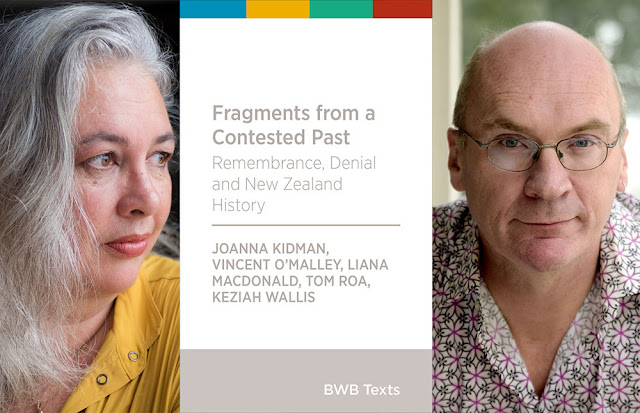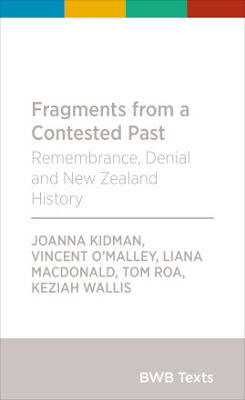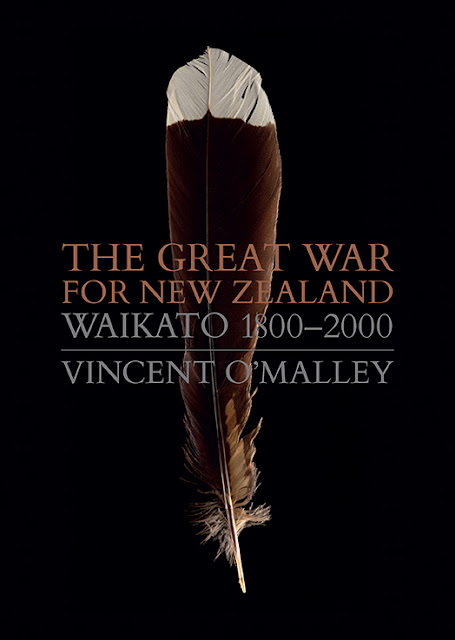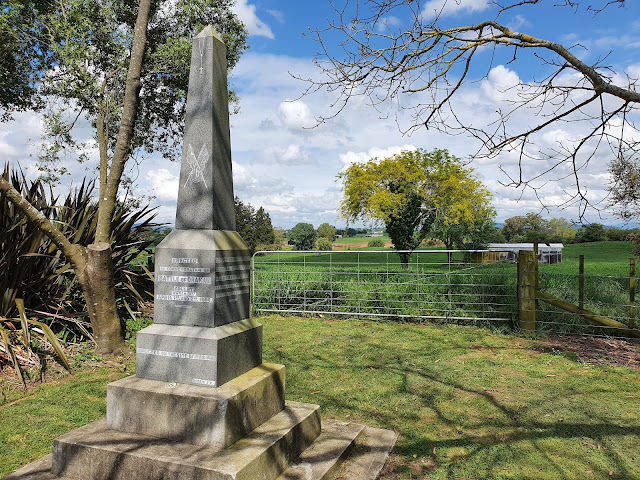Prime Minister's Award for Literary Achievement

It was truly humbling to be named as the recipient of the 2022 Prime Minister’s Award for Literary Achievement for Non-Fiction this week. Prime Minister Rt. Hon Jacinda Ardern commented, ‘Every year I’m delighted to have the opportunity to honour the incredible contribution of three of our most talented writers. Congratulations to Stephanie Johnson, James Norcliffe and Vincent O’Malley. The awards recognise not only their literary achievements, but also the significant impact their work has had on the cultural landscape of Aotearoa.’ Arts Council Chair Caren Rangi said, ‘Warmest congratulations to Stephanie, James and Vincent. Your work across all genres has been vital in helping readers to see themselves, to advance important cultural discussions, and to bring moments of joy, humour and beauty.’ Members of the public will get the chance to enjoy readings and discussions from the winners in an online event next February. More details to come .






